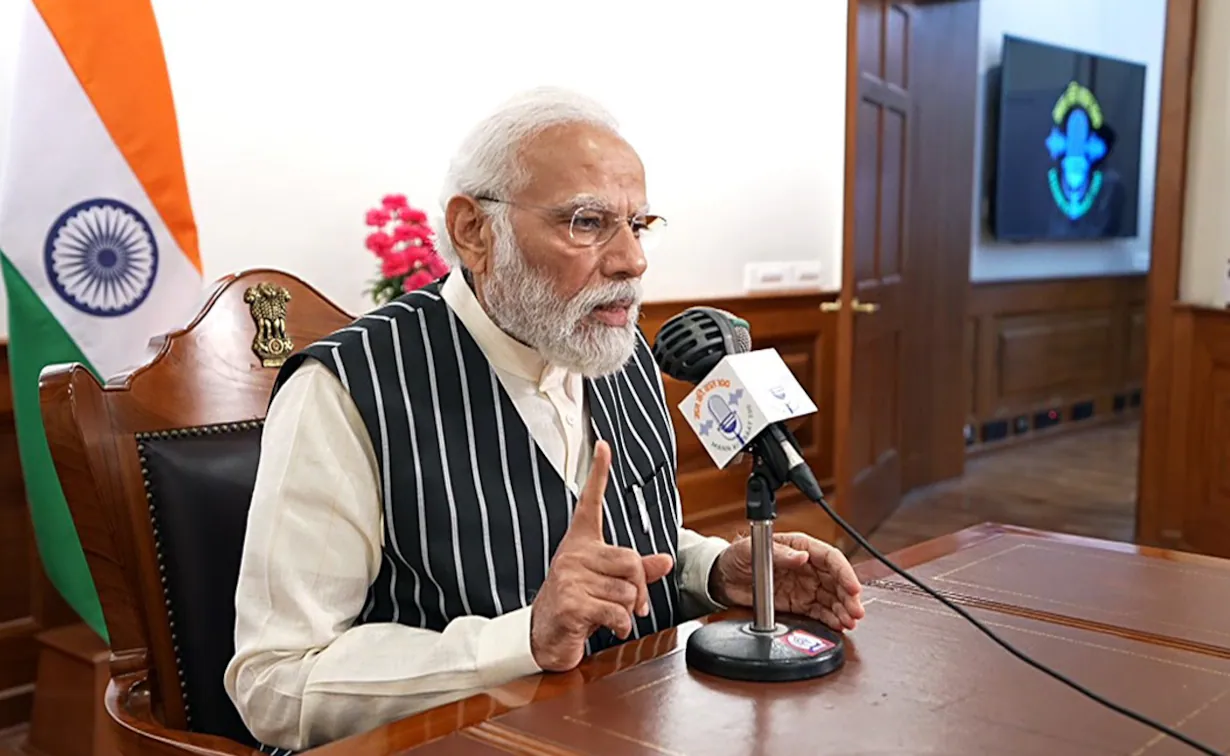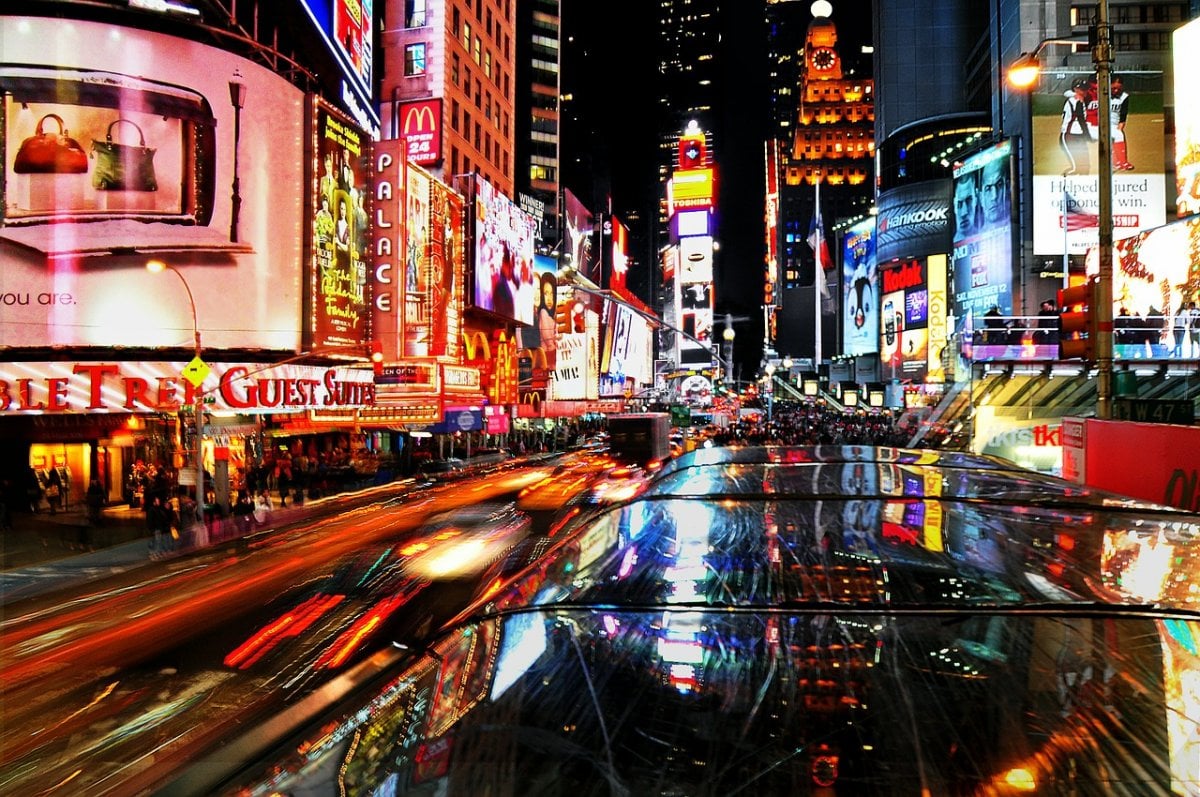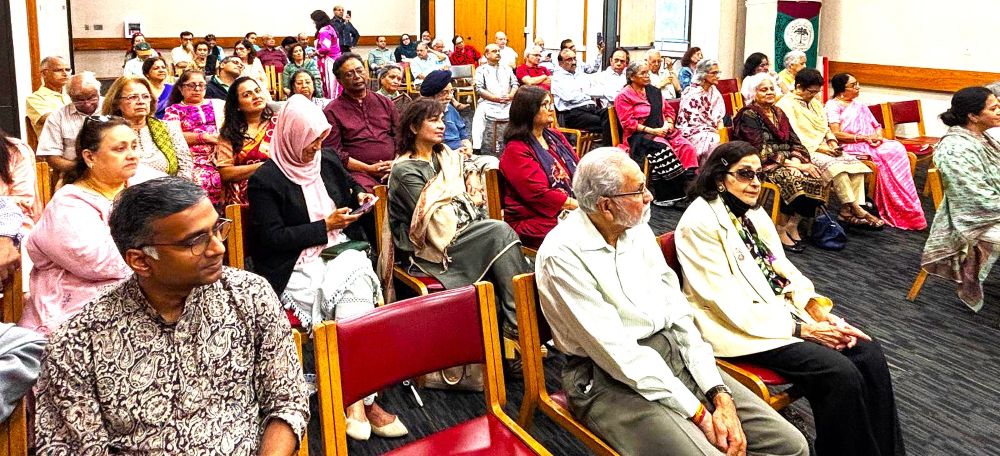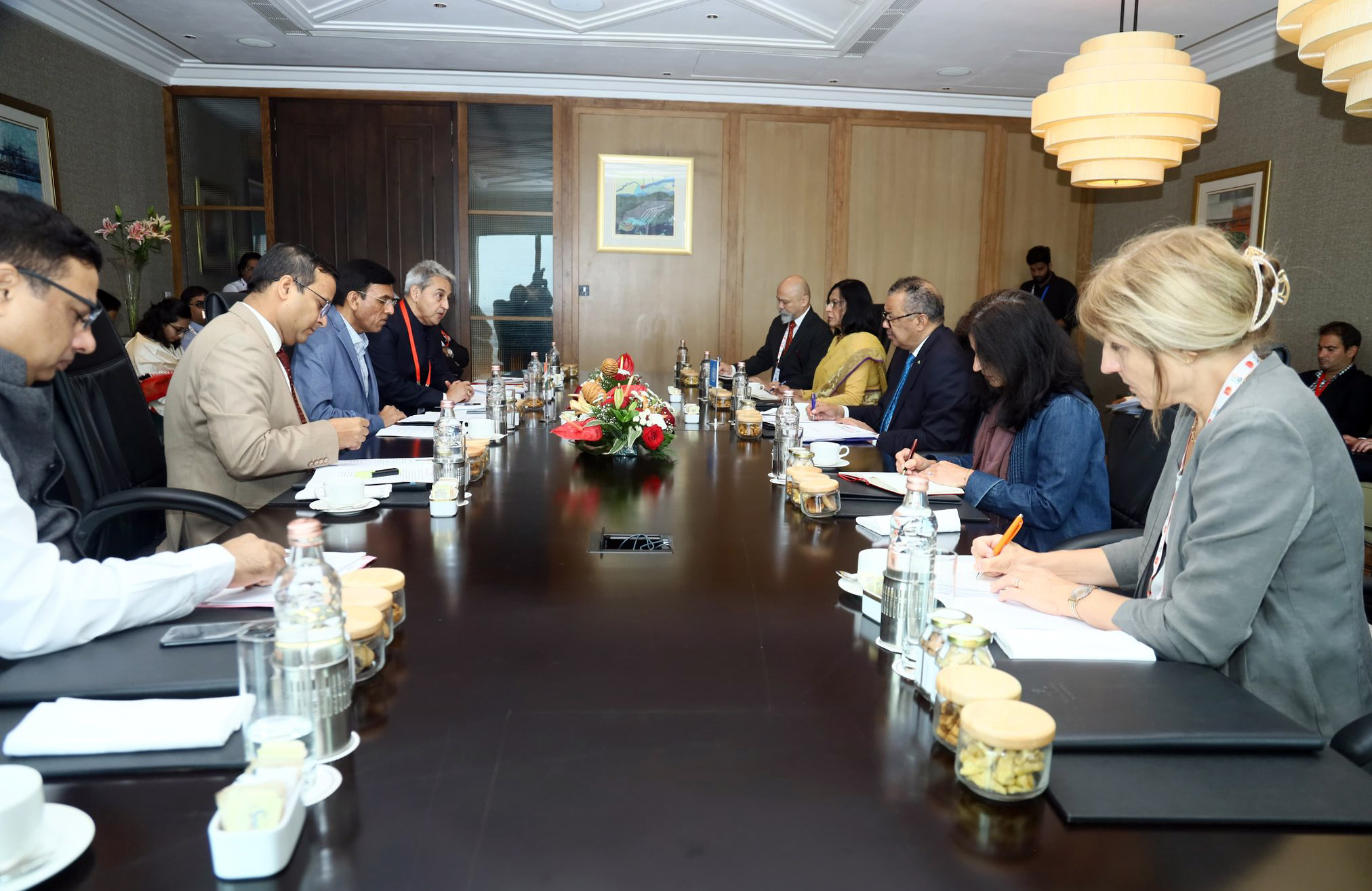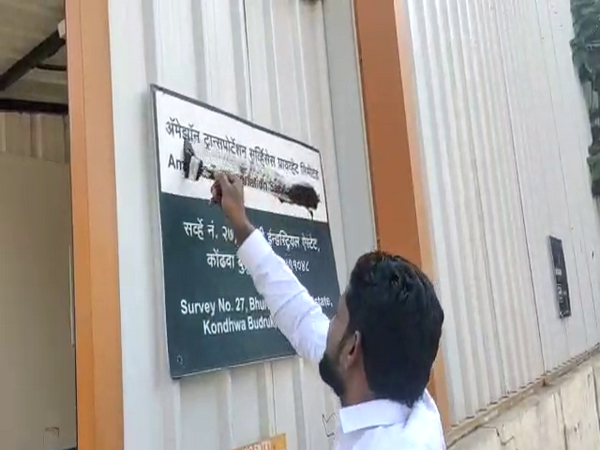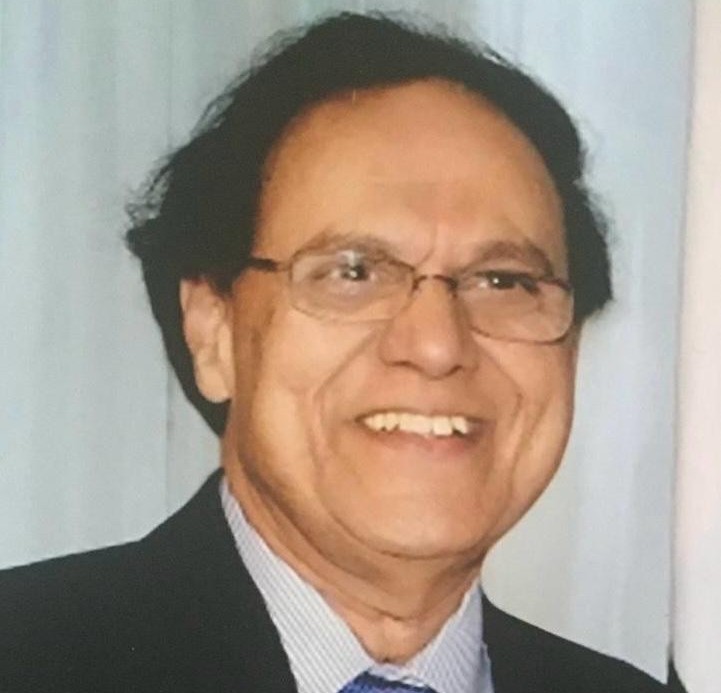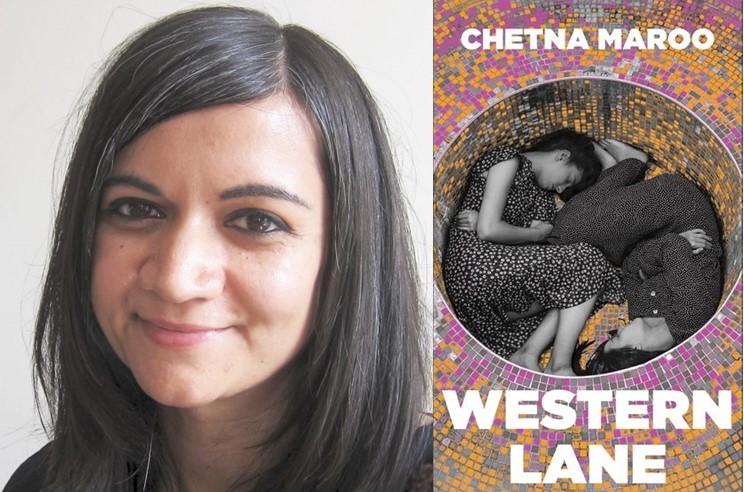By Dr Jagdish Batra
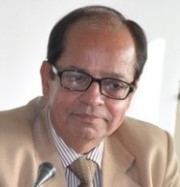
How does democracy work in India and how does the Indian Prime Minister influence more than 1.4 billion people from different socio-cultural backgrounds? This has been a matter of some curiosity among people as also the leaders in other countries. Indian Prime Minister Narendra Modi is a valuable case study of the equation between a leader and the masses whom he leads. Presently, during the elections happening for the Indian parliament, Modi is well-acknowledged as leading the race for prime ministership by a big margin. It won’t be an overstatement to say that his is a rare personality and his connect with the people hardly finds a parallel among world leaders.
Modi comes from a very humble background – a railway tea-stall owner’s son, and so has no problem in understanding what it means to be poor and what are their wants and aspirations. His various steps have been effectively targeted at ameliorating the plight of poor and ordinary people, even as he has also accommodated other sections, thus lending credence to his slogan ‘Sab ka saath, Sab ka vikaas’ (Progress of all with the participation of all). He knows that it is not the economic subsistence only that the poor people need, it is also the recognition of their other needs at the psychological, social and spiritual levels. Only a few of the strategies adopted by Modi can be considered here.
Modi’s monthly Mann ki Baat on radio was the first initiative that he took to address people across the length and breadth of the country. Radio is still a medium that works in remote areas here. His broadcasts, also available on television, were watched by individuals as also groups. Arrangements were also made by government agencies to facilitate it. This has gone on until the present elections were announced. People waited keenly for the event as there would be surprises when one among them was feted by the Prime Minister for the exemplary work he or she had done. In this, there was no consideration of caste, creed, class, gender, etc. This kind of recognition uplifted their status within their community but also profiled them as models of self-support, innovation, farsightedness, determination, etc. for others.
Not only this, the bestowal of national-level awards like Padma Sri, Padma Bhushan, etc., which so far went only to the elite supported by bigwigs in the government or the ruling party, went in for a surprise change. Under Modi government, artisans, craftsmen, folk artists, even bricoleurs who devised contraptions of great potential use were spotted in the remotest corners of the country and given these prestigious awards at the Rashtrapati Bhawan, thus centre-staging the marginalized. Indeed, such measures gave a sense of self-esteem to the humble people.
The economic sustenance is of primary concern. Here again, Modi’s track record is envious, to say the least. Immediately upon taking up the reins of power in 2014, Modi launched the Jan-Dhan scheme and got almost all poor people open their bank accounts into which periodic financial help from the government side was deposited as assistance, subsidy or even the cost of crops, etc. It helped particularly during the Corona time. The scheme coupled with the digitalization of transactions proved a boon to all thenceforth. Further, not only the antyodaya scheme of the BJP was given a new thrust, but even the MNREGA scheme started by the Congress under Manmohan Singh was continued. Modi or the BJP did not have any notion of untouchability about it, if it served the poor well. There are hundreds of schemes like Mudra, Women self-help groups, etc. which have continued to help the poor and ordinary people.
Modi’s special concern for the womenfolk who are doubly marginalized in society got expressed through providing them with free gas connections to rid them of the unhealthy wood stoves is one example. The Muslim women got reprieve from the triple-talaq curse for which they rewarded the BJP with a handsome victory in the Muslim-dominated areas of the country, particularly in Uttar Pradesh.
The utmost concern of ordinary Indians for getting government jobs for their children was addressed through the transformation of examinations for even the higher level UPSC exams. English, the language of a miniscule section of society, was no longer necessary to pocket the plum jobs. Regional languages got equal berth here. The induction of skills in education as a gateway to securing degrees and establishment of skills universities was a revolutionary change as were others in the National Education Policy 2020 now being implemented all over the country. These changes immensely impact the lives of the poor people in the country.
Modi has not left out the spiritual side of human personality. Himself a devout Hindu, he has upheld the Hindu traditions which has had immense potential in connecting with ordinary people, the majority of whom are Hindus. This trait is unlike the election-time protestations of subscribing to Hindu religion mouthed by leaders of other parties. The Hindu population at large has come to recognize in him a rare Hindu icon, to say the least. This does not mean sidelining other communities like the Muslims. His only objection has been giving special status to any community at the cost of the other which had been happening under previous regimes. This argument has been appreciated by all communities as the 2019 elections showed.
Last but not the least, one cannot miss reference to his unmatchable oratorial skill. His rallies draw mammoth crowds whom he can sway easily even as his words are not just empty sounds but supported by solid action on the ground. So, we have a leader unlike the ones in the past, rooted in the culture of India and mindful of modern options in science and technology as well.
Dr Jagdish Batra is an academic, critic and social activist. He is currently working as a Professor of English & Executive Dean at the O.P. Jindal Global University, India. A former Rotary Study Exchange Scholar to USA, Dr Batra has published eleven books. Views are personal
















